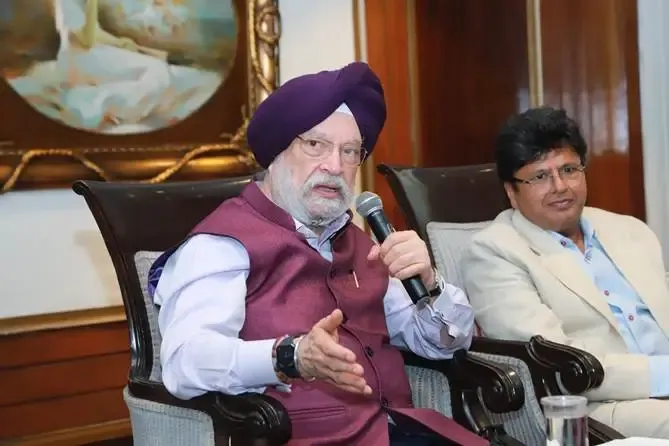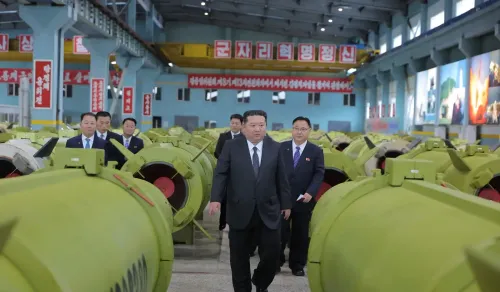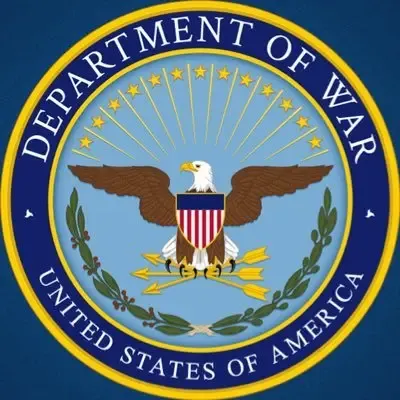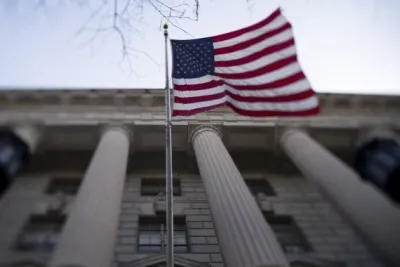Is India Ready to Contribute 25% to Global Crude Oil Demand Growth?

Synopsis
Key Takeaways
- India is set to contribute 25% to global crude oil demand growth.
- A significant achievement in biofuels is nearly 20% ethanol blending by 2025.
- Expansion of CNG stations has increased from 738 to over 8,100.
- The government prioritizes consultation with petroleum dealers.
- Retail outlets are encouraged to become centers of customer excellence.
New Delhi, July 18 (NationPress) Union Minister for Petroleum and Natural Gas Hardeep Singh Puri stated that despite global fluctuations, India represented 16% of the global increase in crude oil consumption and is expected to account for 25% of this growth over the next thirty years.
While speaking at the plenary session of the All India Petroleum Dealers Association (AIPDA) conclave, the minister emphasized that the government has ensured an affordable and uninterrupted energy supply for citizens, even amidst global uncertainties.
Highlighting India's progress in the biofuels sector, the Minister mentioned that a remarkable 20% ethanol blending has been achieved in 2025, up from 1.53% in 2014. This success has led to Rs 1.4 lakh crore in foreign exchange savings, replacement of 238 lakh metric tonnes of crude oil, a decrease of 717 lakh metric tonnes in CO2 emissions, and direct payments of Rs 1.21 lakh crore to farmers.
He also pointed out the rise of CNG stations from 738 in 2014 to over 8,100 today and the provision of 10.33 crore LPG connections under PMUY, which has empowered women and improved health outcomes. "These figures are not mere statistics; they signify milestones on our path towards a cleaner, self-reliant energy future," he stated.
Recognizing the crucial role of petroleum dealers in the energy landscape, Puri addressed concerns regarding dealer commissions, operational expenses, and other challenges.
He reassured the gathering of petroleum retail outlet dealers that the Ministry believes in "consultation, not confrontation," and mentioned the revision of dealer margins in October 2024 along with the implementation of intra-state freight rationalization as tangible steps to address inequalities. Puri also indicated that structured platforms for feedback and grievance resolution would be continuously improved.
Reflecting on the past five years' challenges—including the COVID-19 pandemic and global geopolitical tensions—Puri noted that India not only managed these disruptions but also emerged as a global leader in energy growth.
The minister called for a transformation of retail outlets into centers of customer excellence, where digital payments, automated billing, clean facilities, strict safety measures, and efficient grievance resolution become standard practices.
Puri urged the adoption of technologies that guarantee zero pilferage, zero tampering, and absolute transparency. He also highlighted the increasing importance of non-fuel services at outlets, such as convenience stores, EV charging, utility bill payments, and fintech services, which can enhance customer experiences and generate new revenue streams.
The Minister outlined a strategy for dealers to redefine themselves as energy entrepreneurs. He encouraged the community to enhance their workforce's skills through structured training in customer service, digital tools, and safety standards.
He advocated for collaboration with Oil Marketing Companies (OMCs) to establish EV charging stations, rooftop solar projects, and energy-efficient infrastructure. Puri also underscored the necessity of adopting digital dispensing systems, automated monitoring, and transparent auditing to build consumer trust.
He emphasized the strategic role of the dealer network in supporting national objectives like disaster responses, public health initiatives, and voter awareness campaigns.
Puri specifically encouraged the petroleum dealer community to capitalize on the prime locations of their retail outlets to generate Non-Fuel Revenue (NFR) by providing services such as communication hubs, battery swapping stations, water kiosks, and digital financial services.










